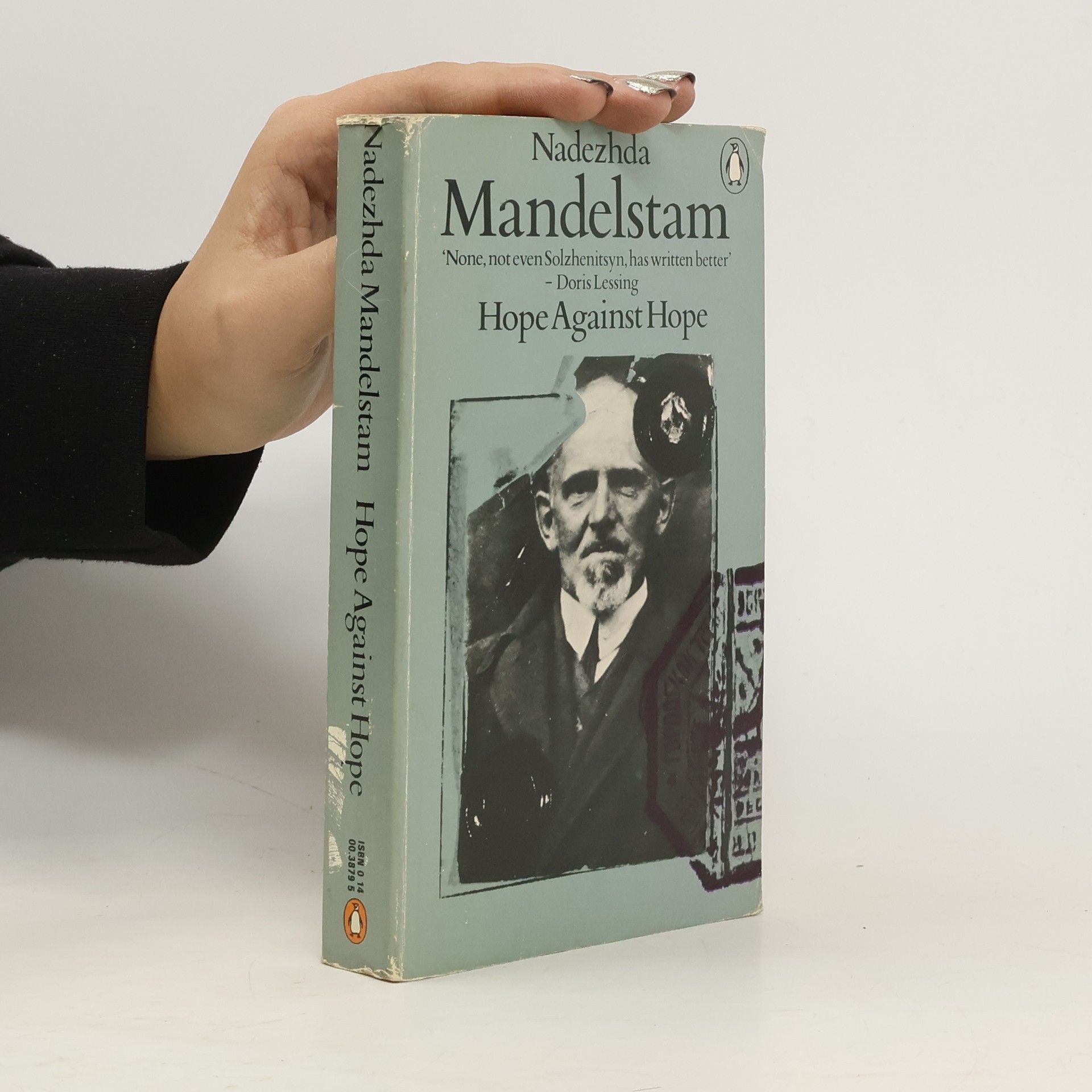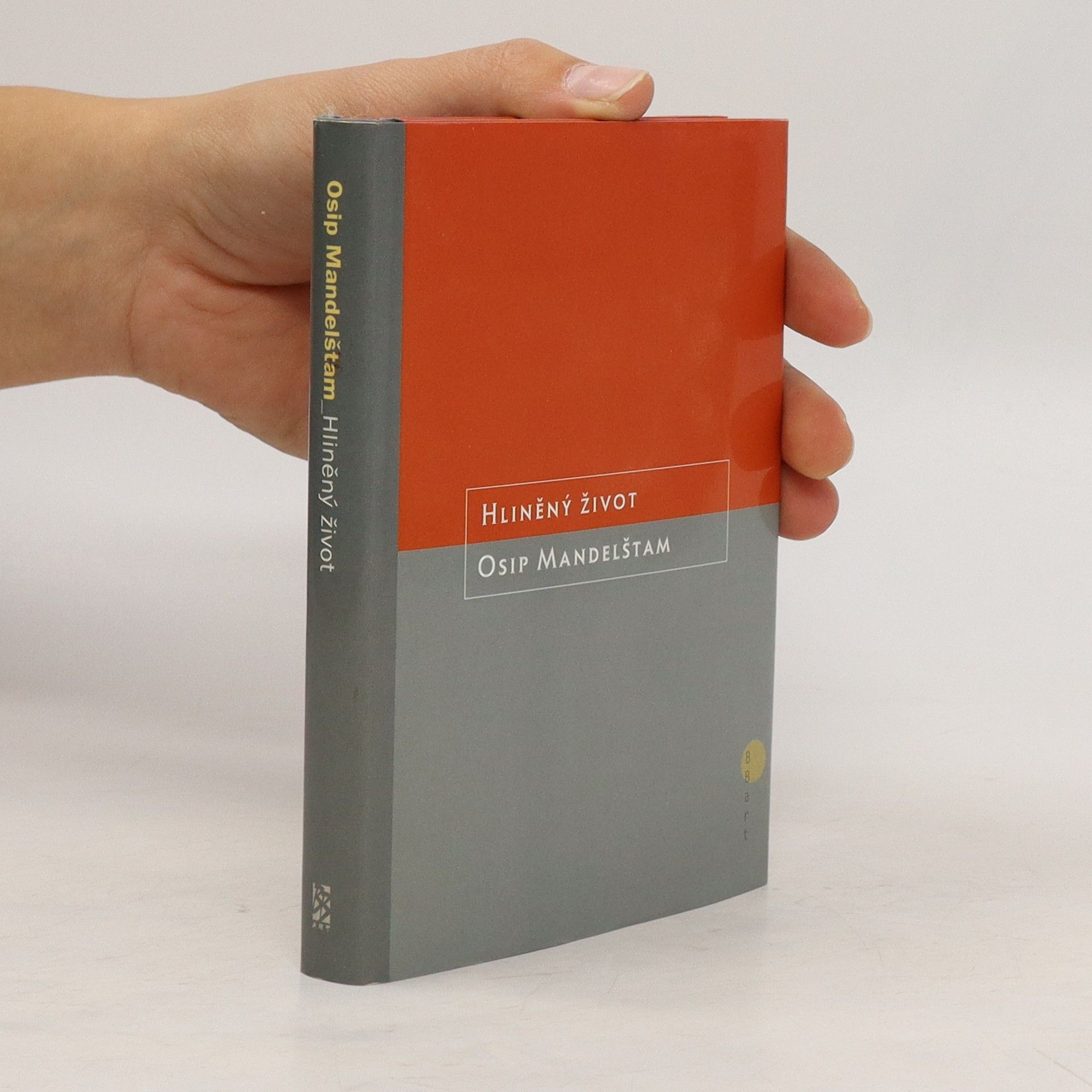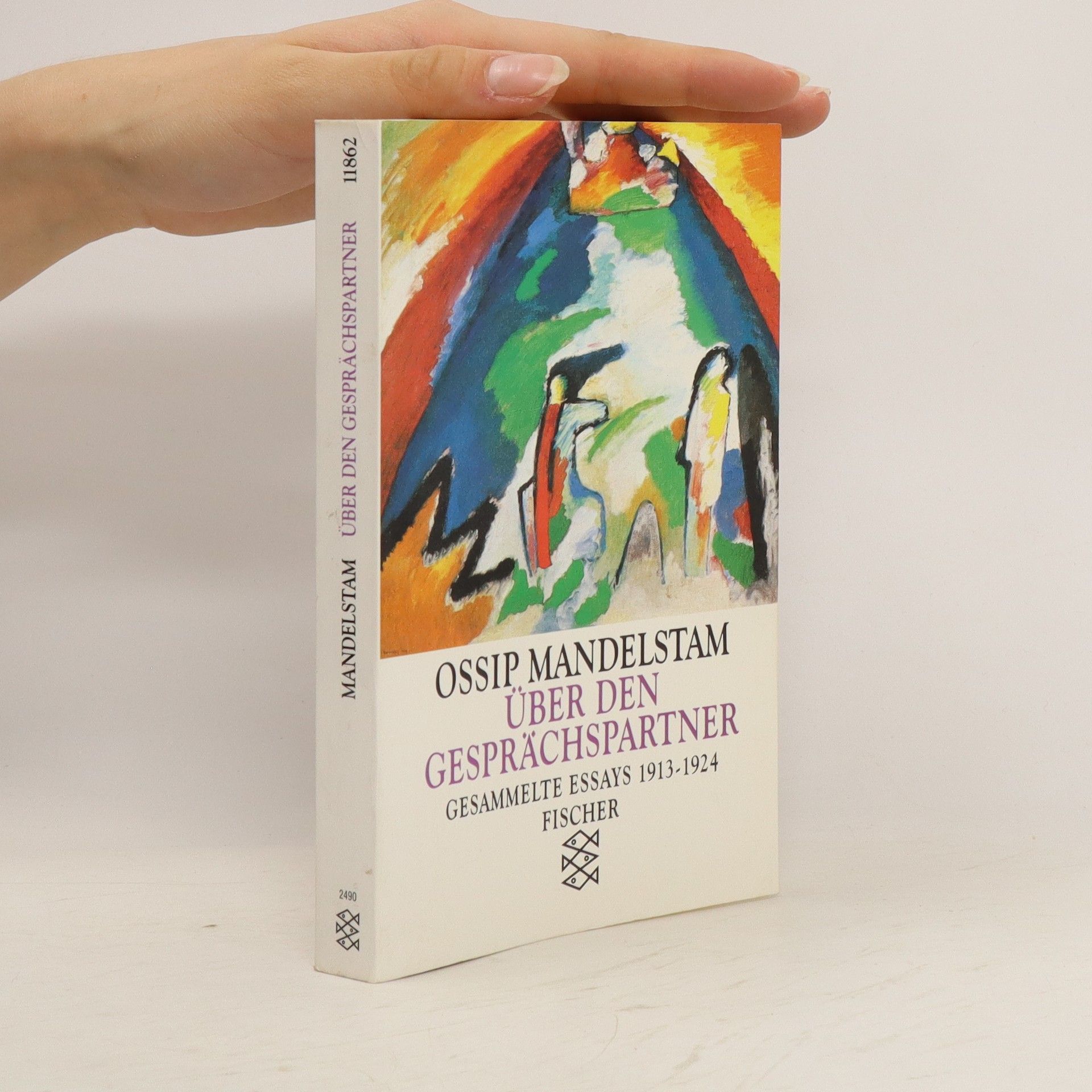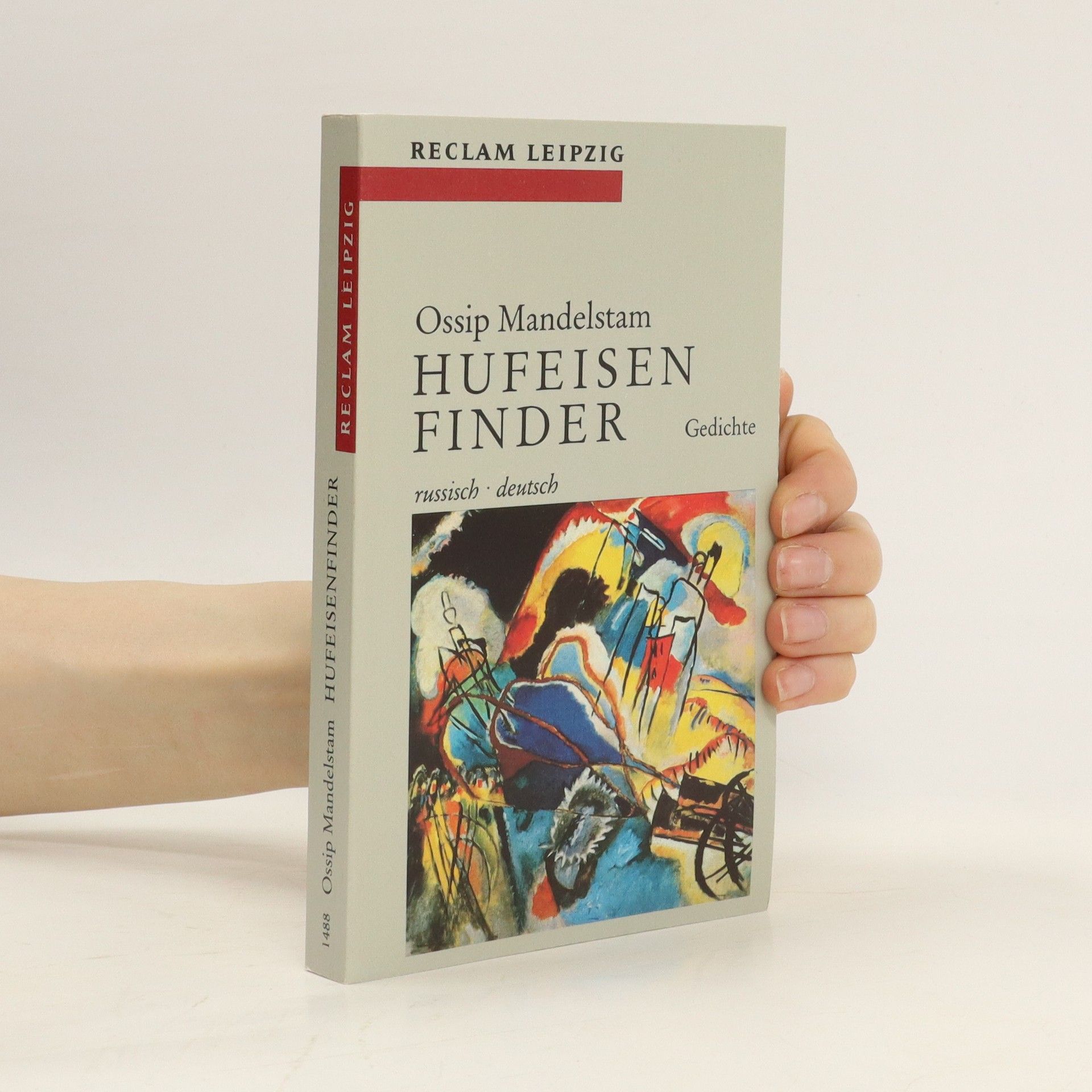First published by Collins and Harvill Press in 1971.
Mendelštam Osip Boeken
Osip Mandelstam was een Russische dichter en essayist, een centrale figuur van de Acmeïstische beweging. Zijn werk vangt het turbulente tijdperk van de Russische Revolutie en de opkomst van de Sovjet-Unie. Mandelstams gedichten en essays worden geprezen om hun intellectuele strengheid en formele elegantie, en verkennen vaak thema's als geheugen, cultuur en individuele vrijheid tegen de achtergrond van onderdrukkende regimes. Zijn unieke stem en literaire betekenis blijven voortbestaan ondanks de tragische omstandigheden van zijn leven.







Centuries Encircle Me with Fire
- 130bladzijden
- 5 uur lezen
The introduction and translated poems of Mandelstam within are the gold- standard for critics and readers who don't know Russian. They expertly illuminate other Mandelstam translations, not replacing them, but rather allowing for a better understanding of what they specifically contribute.
Russia’s foremost modernist master in a major new translation
Osip Mandelstam's second collection of poems, Tristia, astonished Russian readers in 1922 with its daring verse forms and meditations on revolution, exile, death and rebirth. Thomas de Waal's new translation gives English-language reader the chance to experience the entire collection for the first time.
The ninety-odd poems Mandelstam wrote in Voronezh are the pinnacle of his poetic achievement, bearing witness to his consistent independence of mind and concern for the freedom of thought.
Ruská Tristia
- 107bladzijden
- 4 uur lezen
Výbor z poezie jednoho z nejosobitějších ruských básníků meziválečné epochy představí autora v chronologickém průřezu jeho sbírkami i verši do knih nezařazenými.
Osip Mandelštam (1891–1938) patřil k básníkům, k nimž se Jan Zábrana po celý život, od chvíle, kdy se s nimi setkal poprvé, neustále vracel, a hnán touhou po postižení jejich podstaty své překlady jejich básní, které tu a tam vyšly časopisecky nebo byly vyrobené, jak sám přiznal, když „překladateli hořel termín a které nelze publikovat“, neustále přepracovával. Zábrana v Mandelštamovi, jednom z největších ruských a přinejmenším evropských básníků 20. století, který dožíval ve vyhnanství a zahynul ve sběrném lágru u Ochotského moře – jeho vlastními slovy v básníkovi, jehož zabili –, nacházel „svět, kterému rozumím“ a v němž „úděsnost historie bez šťastného konce mi připomíná klima mého života“ (citováno ze Zábranových deníků, které vyšly pod názvem Celý život). A v pozůstalosti tohoto českého básníka zůstal konvolut definitivních překladů, jimiž se mu podle našeho mínění podařilo postihnout onu podstatu „spřízněného“ básníka natolik, že bytostný Rus Mandelštam se stal součástí moderní české poezie.
Über den Gesprächspartner
Gesammelte Essays I 1913-1924
In diesem ersten Band der zweibändigen Essay-Ausgabe sind Ossip Mandelstams theoretische Arbeiten aus den Jahren 1915 bis 1924 versammelt. Der Autor erweist sich in diesen Schriften als markante Figur im Disput der literarischen Gruppen in Rußland in den ersten beiden Dekaden unseres Jahrhunderts. Den Vertretern des russischen Symbolismus und dem innovationsbesessenen Futurismus hält er seine Position entgegen, die Werte des sogenannten ›Akmeismus‹: Konkretheit, Präzision, Diesseitigkeit, Bejahung der Kultur als eines lebendigen Gedächtnisses. Es handelt sich um Texte ganz verschiedener Tonart: da ist das apokalyptische Pathos der Revolutionszeit spürbar, da finden sich Ironie, Lust an Polemik, am Spott. Und es finden sich höchst originelle Charakterisierungen von literarischen Zeitgenossen (zum Beispiel Pasternaks). Der Band hält auch Überraschungen bereit - etwa das einfühlsame Interview mit Ho Chi Minh aus dem Jahr 1923. In seinen Essays ist natürlich auch Mandelstams geistige Biographie eingeschrieben, hier eröffnen sich die gedanklichen Hintergründe seiner Weltsicht und seiner Poetik. Diese Texte sind, so die ›Süddeutsche 2eitung‹, »das geistige Vermächtnis eines großen Europäers«.
Hufeisenfinder. Gedichte. Hrsg. v. Fritz Mierau. Russ.-Dtsch.
- 223bladzijden
- 8 uur lezen



